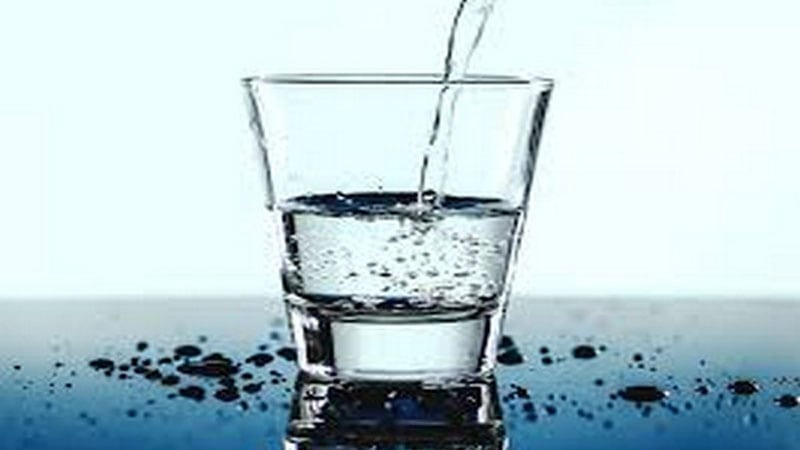Washington: When thirst strikes, which drink comes to your mind? Water? The answer might be yes for most people but it isn’t the best drink for hydration, researchers have found.
Study from St. Andrews University
Simple H20 isn’t the most hydrating beverage around, according to a study from Scotland’s St. Andrews University.
While both still and sparkling water can quench thirst, it can be defeated by sweet, fat or protein-rich beverages in keeping a person hydrated, researchers found.
Skimmed milk
According to the study published in The American Journal of Clinical Nutrition in 2016, Skimmed milk is most hydrating followed by Oral rehydration solutions, full-fat milk, Orange juice, cola, Diet cola, cold tea, tea, sports drink, still water, sparkling water, lager, and coffee.
The reason lies in how our bodies respond to beverages, according to study author Ronald Maughan, a professor at St. Andrews’ School of Medicine.
One factor is the volume of a given drink: The more you drink, the faster it is absorbed into the bloodstream, where it dilutes the body’s fluids and hydrates you.
Another factor is connected with the drink’s nutrient composition. For example, milk was found to be even more hydrating than water because it contains the sugar lactose, some protein and some fat.
Milk also has sodium, which behaves like a sponge and holds onto water in the body and results in less urine produced.
This idea can also be put forth for oral rehydration solutions used in treating diarrhea. They contain small amounts of sugar, along with sodium and potassium, promoting water retention in the body.
“This study tells us much of what we already knew: Electrolytes — like sodium and potassium — contribute to better hydration, while calories in beverages result in slower gastric emptying and therefore slower release of urination,” CNN quoted Melissa Majumdar, a registered dietitian, personal trainer and spokeswoman for the Academy of Nutrition and Dietetics as saying.
The catch here is the fact that beverages with more concentrated sugars – fruit juice, cola – mightn’t be as hydrating as their lower-sugar cousins.
They may spend a little more time in the stomach and empty more slowly compared to water, but once they enter small intestine, their high concentration of sugars gets diluted during a physiological process called osmosis.
This process in effect “pulls” water from the body into the small intestine to dilute the sugars these beverages contain.
Juice, soda
Juice and soda are not only less hydrating, but offer extra sugars and calories that won’t fill us up as much as solid foods, explained Majumdar.
If the choice is between soda and water for hydration, go with water every time. After all, our kidneys and liver depend on water to get rid of toxins in our bodies, and water also plays a key role in maintaining skin’s elasticity and suppleness.

